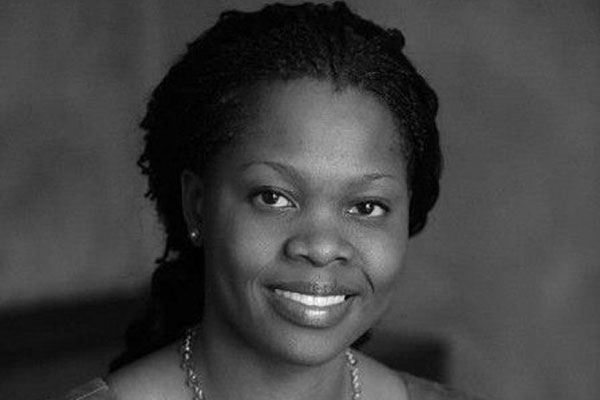Women have made significant inroads into the world of commerce, but a lot still needs to be done to put them on par with their male counterparts, argues Ollie Madlala.
There is no denying that women in South Africa have come a long way. Since the dawn of democracy, women have made significant advancements in business and politics, among other spheres of life. Numerous research findings, however, suggest that despite the great progress made, women still lag far behind their male counterparts – especially in leadership positions within the business sector.
According to the 2016 Mckinsey & Company Women in Africa Report, there is a link between companies which perform better financially and that have gender diversity. The report shows that in the past 10 years Africa has made progress in terms of gender diversity in leadership. However, only 5% of CEOs in the private sector in Africa are women, compared to 4% globally. Although organisations with a greater share of women on their boards tend to have higher operating margins, return on equity, and total return for shareholders. The report also found that the earnings before interest and taxes for companies with, at least, a quarter share of women on boards was on average 20% higher than the industry average.
Grant Thornton’s 2016 Women in Business report, on the other hand, reveals that, in South Africa, women hold less than a quarter of senior management positions. In fact, the percentage of women in leadership roles decreased from 27% in 2015 to 23% in 2016. In addition, the survey found that 39% of the businesses surveyed had no women in senior management positions.
When one zooms further in to focus on our own media and communications sector, one finds that at the helm of many media houses and top public relations firms operating in South Africa are men, ignoring the fact that women are much better communicators then men, with public relations companies being mostly dominated by women who are, often, at the forefront of client interface. If men at the helm of these companies often rely on women to manage clients’ expectations daily why are women not trusted to provide solid leadership at the top? And what do women need to do to ensure that they also thrive in the business world?
Despite the highlighted gaps, I will be amiss if I do not acknowledge and celebrate the leadership role that has been displayed by women in the marketing, media and communications industry. Industry legends such as Nunu Ntshingila, Michele Anderson, Robyn de Villiers, Basetsana Khumalo, Santie Botha and others remain an inspiration to all who have crossed their paths. We look forward to celebrating the success and seeing more support being given to the next wave of female leaders like of Moliehi Molekoa who recently took the reins at Magna Carta, Sharon Piehl at Fleishmann Hillard Africa, Nontokozo Madonsela at Standard Bank and Vanessa Baard who co-founded the new agency ByDesign Communications. My own Conversations Media and Communications has committed 39% of ownership to black women serving in the business as a first phase of empowering women and growing female leadership.
We need to start planting leadership seeds from developmental stages. Parents need to move away from the dolls for girls and Lego for boy’s mentality – this means that from the very young age, boys are expected to think strategically, learn to solve problems and build things from the ground while girls are occupied with embroideries.
In schools, girls also need to be encouraged to take maths, economics as well as business and leadership studies instead of home economics. This will ensure that girls are given the same start and a chance to play on a level playing field with men, in future.
At organisational level, companies must do much more to empower women, by committing and demanding accountability in achieving targets of women in leadership positions – the same way sales and other targets are set.
Yes, women have come a long way but a lot more must still be done to ensure that, like their male counterparts, they also thrive in business and in other spheres of life.
About Ollie Madlala
Ollie is a former journalist, who cemented her position at Engineering News, where she honed her newsroom skills over a period of three years. She has also written for Miningmx, African Mining and Enterprise Magazine, among others. Ollie crossed the floor into the PR consultancy sphere when she joined Ogilvy Public Relations Worldwide in 2012 followed by a move to Magna Carta Reputation Management Consultants a year later. This was also true when she took up a corporate role as communications manager at the Steel and Engineering Industries Federation of Southern Africa (SEIFSA).




















































































